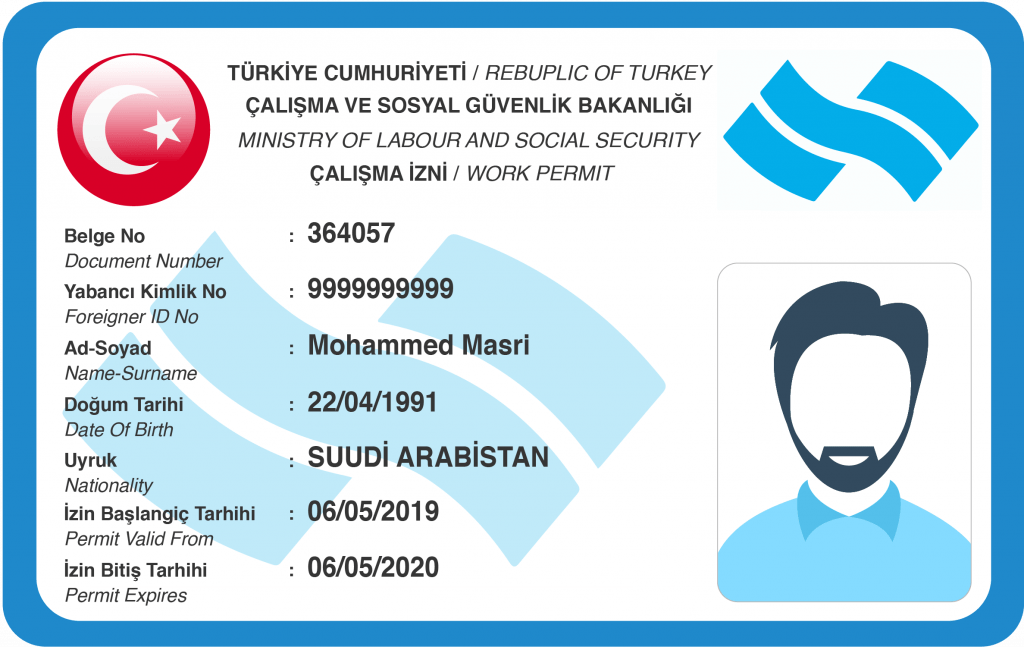Navigating Turkish business culture can feel like stepping into a vibrant tapestry of traditions and modern dynamics. It’s a dance of respect and collaboration. When working with Turkish partners, understanding these cultural nuances is crucial. For instance, relationships matter greatly, sometimes even more than the deal itself. Those initial meetings? They might be more about gauging trust and compatibility rather than diving straight into numbers. Business etiquette Turkey emphasizes politeness, yet directness is appreciated once rapport is built—it’s about hitting the right notes at the right moment. Meanwhile, a shared cup of Turkish tea can be the bridging moment, turning a business discussion into a friendly chat. Cultural insights in Turkey remind us that while business is business, the personal touch often seals the deal. As you start collaborating in Turkey, remember: patience, respect, and a genuine interest in their values can open doors you never knew existed.
Building Trust and Rapport in Turkish Business Culture
In Turkish business culture, trust is the golden key to successful partnerships. Simply put, without trust, doors remain firmly closed. Engaging with Turkish partners? It’s about more than contracts and numbers—it’s about building genuine connections. Picture this: a leisurely lunch or coffee meeting might be where significant understandings are forged, rather than a formal boardroom discussion. Turkish people value sincerity and warmth, appreciating when partners show interest in their traditions and values. This doesn’t mean just nodding along; active listening and respect are vital. The secret sauce? Blending personal rapport with professional respect. Remember, business etiquette Turkey leans heavily on relationship-building as an essential strategy. Those who invest in understanding these cultural insights in Turkey often find doors swinging open effortlessly, paving the way for fruitful collaboration.
Building trust within Turkish business culture demands patience and authenticity. In a world where first impressions are lasting, avoiding a whirlwind approach is key. Working with Turkish partners requires time to unfold mutual respect. Let’s put it this way: skipping the initial tea chat might close more doors than it opens. Instead, engage in these moments with genuine curiosity. Listen more than you speak, absorbing cultural insights Turkey has to offer. It’s essential to remember that impromptu noontime strolls or shared culinary experiences might cement partnerships more than emails. Business etiquette Turkey is a melody of tradition and modernity, where sincerity shines. In the grand scheme of things, collaborating in Turkey becomes seamless when both parties dance to the same rhythm of trust and rapport. Embrace these nuances, and soon enough, you’ll find the road to collaboration in Turkey well-paved and illuminated.
Establishing trust and rapport in Turkish business culture is like planting a garden; it requires careful nurturing and time. Imagine walking into a room filled with potential—relationships ready to bloom if given the right attention. When dealing with Turkish partners, understanding their cultural insights Turkey offers is your water and sunlight. Showing genuine interest in their traditions can lead to flourishing alliances. Take note: working with Turkish partners goes beyond the surface. In meetings, prioritize eye contact and friendly gestures; it’s this sincerity that stands out. Business etiquette Turkey often involves reading between the lines, recognizing unspoken cues that seal relations. Collaborating in Turkey is a journey of weaving through kindness, patience, and strategic pauses. When both parties focus on nurturing this garden, the result is a lush landscape of mutual respect and lasting partnerships that thrive in the vibrant market.
Navigating Communication Styles: Direct vs. Indirect
Communication styles within Turkish business culture offer a fascinating blend of directness and subtlety, much like a well-orchestrated symphony. At first, you might find Turkish partners lean towards indirect expressions—there’s an art to reading between the lines here. It’s not about avoidance; it’s more about preserving harmony. Imagine it like a game of chess, where each move must be considered delicately. However, as trust and familiarity grow, the scales often tip towards a more direct mode of interaction. Sudden bluntness might surprise you, yet it’s a sign of comfort and mutual respect. Understanding these shifts is crucial in working with Turkish partners. So, while collaborating in Turkey, be ready to adapt. Listen carefully, seek clarity, and don’t shy away from asking questions. In cultural insights Turkey emphasizes, mastering this dance of communication can truly refine your grasp on business etiquette Turkey, leading to stronger partnerships.
In Turkish business culture, understanding the dance between direct and indirect communication is like unlocking a well-guarded secret. At first, expressions may seem wrapped in ambiguity, yet this indirectness speaks volumes about grace and maintaining amicable relations. It’s akin to reading a novel where not everything is on the surface, yet the heart of the story is revealed in the subtleties. As you immerse yourself in this cultural milieu, you might notice that over time, once a bond is forged, the dialogue shifts. Trust paves the way for a straightforward exchange. Surprised by sudden candor? Don’t be—it’s an indication of trust in the relationship. Working with Turkish partners requires this nuanced understanding. Navigating these shifts can transform an ordinary meeting into a meaningful collaboration. So, embrace the cultural insights Turkey offers and remember, in business etiquette Turkey holds dear, knowing when to switch gears is key to successful collaborating in Turkey.
In collaborating in Turkey, you’ll find that timing is everything. Picture a painter knowing exactly when to add a splash of color; the interplay between direct and indirect communication in Turkish business culture is just as artful. The dance begins with respect for subtlety, as expressions are often dipped in diplomacy akin to navigating a serene river. Yet, as rapport builds, these waters shift. Suddenly, clarity takes the stage, a testament to the strength of your bond. It’s akin to a conductor leading an orchestra to its crescendo—a bold accumulation of trust. Cultural insights Turkey offers depict this transition vividly, showing that understanding these nuances is essential. With patience and acute listening, you can align yourself with this rhythm. Thus, mastering this communication style is not just about hearing words but sensing the intent. This art, embedded deeply in business etiquette Turkey, leads to richer, more productive partnerships when working with Turkish partners.
Understanding Hierarchical Structures in Turkish Organizations
In Turkish business culture, recognizing hierarchical structures is akin to deciphering the intricate patterns of a finely woven carpet. Respect for authority runs deep in this landscape, echoing a deep-seated tradition of valuing experience and seniority. When working with Turkish partners, it’s vital to understand that decisions usually come from the top, and consensus often follows the lead of senior figures. Imagine a symphony where every instrument waits for the conductor’s signal—similarly, in Turkey, subordinates look to their leaders for cues. While this might seem formal, it offers a predictable rhythm to business proceedings. To navigate this effectively, patience and deference are key. Through cultural insights Turkey offers, you’ll realize that a thoughtful nod to hierarchy smoothens the path of collaboration. Engaging respectfully with decision-makers, while acknowledging their standing, reinforces solid business etiquette Turkey values, ensuring a harmonious experience when collaborating in Turkey.
Understanding hierarchical structures in Turkish organizations involves acknowledging a web of relationships akin to branches of an ancient tree. The roots are deep, signifying longstanding traditions where elders and experienced individuals are the core. In this context, working with Turkish partners requires recognizing that respect flows upwards, often mirroring family dynamics. When navigating this landscape, understand that juniors might hesitate to speak up unless prompted by senior figures—a common practice in Turkish business culture. Picture a master craftsman and apprentices; there’s wisdom in listening before speaking. Business etiquette Turkey upholds this respectful pause, allowing space for leaders to guide. In collaborating in Turkey, patience truly is a virtue. It’s like waiting for a well-aged wine to breathe, where the yield is worth the wait. Embracing these cultural insights Turkey provides helps in forming not just agreements, but relationships grounded in respect and shared understanding.
While working with Turkish partners, it’s essential to approach meetings with an awareness of Turkish business culture. Meetings often serve to establish trust within the organizational hierarchy. Here, relationships are layered like a traditional Turkish mosaic, each piece blending into the next. Junior members usually seek affirmation from seniors before taking action, reflecting the business etiquette Turkey respects. Navigating this dynamic can feel like moving through a carefully choreographed dance—each step is deliberate and meaningful. By respecting these connections, you can better engage with Turkish partners, tapping into cultural insights Turkey graciously offers. Patience allows these interactions to unfold naturally, revealing the true essence of collaborating in Turkey. As you traverse this culturally rich landscape, remember that every interaction builds the canvas of mutual respect and cooperation.






